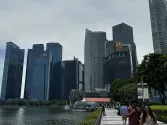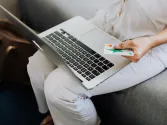How we can rise from the ashes of the Arab spring to grow business
By Tun Musa HitamWith political turmoil and economic upheaval in many parts of the world, the need for closer interaction and trade between Muslim and non-Muslim countries has never been greater.
Europe continues to be ravaged by the slump, while the Arab awakening has seen billions of dollars wiped from the balance sheet of those nations involved.
But there is a solution.
The World Islamic Economic Forum (WIEF) Foundation hopes to play a part in that process by helping nations come together in the interests of promoting growth, creating jobs and triggering inward investment.
Our sixth WIEF Roundtable in London in October brought together businessmen, intellectuals and academics to help push the strategy forward. Addressing two core issues “Challenges and opportunities to doing business in the Muslim world” and “Eurozone Crisis: Lessons for the Muslim world”, the key conclusions from the conference are:
The principles of Islamic finance would hugely benefit Western economic systems emerging from the financial crisis.
The younger demographic of the Muslim world has the potential to bear great influence on the future of the world economy but is not being harnessed through a lack of investor confidence and resources.
Liberalisation of trade barriers will enable growth and economic recovery around the world.
With positive growth prospects across much of the Muslim world, particularly in the Asian and African region, there is a surging interest in Europe to venture overseas and capitalise on these burgeoning markets
Changes are happening to ensure that red tape, bureaucracy and regressive policies are becoming a thing of the past, but continued investor understanding and dialogue remain crucial
At WIEF Foundation, we are focused on building bridges through business and supporting global leaders to create a stimulus package for poverty-hit nations who need growth most.
And our ideas are anchored in the creation of greater wealth, while helping those countries emerging from the recent crisis develop economic infrastructures.
We are all concerned with the unrest across the Middle East, but business has to realise that they have a significant role to play in the recovery process.
As the countries emerging from the protests begin to introduce new laws, government and civil society, so too will come new business opportunities, and it is my job to make sure that when the time is right, the proper connections can be made.
There is too much at stake for our agenda to be dominated by those extremists fixed on fracturing relations, promoting isolation and killing innocents in the name of religion.
In fact, there is a dangerous void opening up right at this moment which has to be filled by those with the goodwill and expertise to grow economies, and not those who would resist such progress.
Much of what is happening in Syria, and what we saw in Egypt, Tunisia and Libya, was a result of economic unrest – issues like rocketing food prices and high unemployment.
Through our forums and initiative, the Foundation will promote growth and stability in these countries, and I am hoping that when new institutions are established, business and commerce will flow back to these areas.
If you consider the growth of the Islamic banking sector and the Halal food industry, it is incredible to see how these markets have developed and continue to grow. And more will follow.
Such new and exciting opportunities can telegraph to the Muslim world and beyond that we all have a part to play in this great recovery, while the WIEF can establish itself as a genuine force for good.
Many Muslim countries continue to show incredible growth – nations like Malaysia and Indonesia.
Others have been less fortunate and it is those nations we are particularly interested in helping through the work and connectivity of the WIEF.
The key to Malaysia’s success has been our ability to attract substantial foreign investment.
That is why it is our pleasure to host the 8th WIEF in Iskandar Malaysia from Dec 4 to 6.
With the theme, “Changing Trends, New Opportunities”, it will be a coming-together of brilliant minds across the globe to serve as a business platform for new opportunities in the Muslim world. Thousands will travel from all over the world to explore the many different opportunities available.
A gravitational shift to the east is taking place with the economies of Asia, Africa and the Middle East experiencing strong growth – that much we know.
Previous economic models, with the bank failures and rampant debt problems, have veered off track and are, arguably, less relevant in our dynamic and changing global economy.
We need to come together to solve the economic issues that continue to hamper our world and we have the privilege of serving as a platform for Muslim and non-Muslim communities to come together to discuss business issues.
Over the longer term, the Foundation aspires to develop an entirely new economic model tailored to the needs of developing and emerging economies.
The potential is limitless. Business doesn’t recognise borders, ideologies, race or religion. It’s all about the opportunities and this is why working with the WIEF Foundation is important to the future economic well-being of the world.
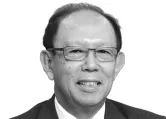


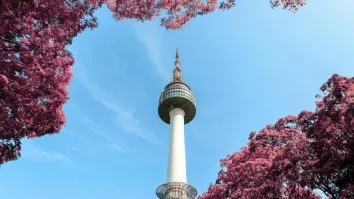


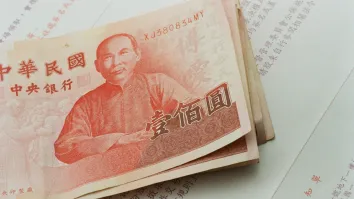













 Advertise
Advertise

